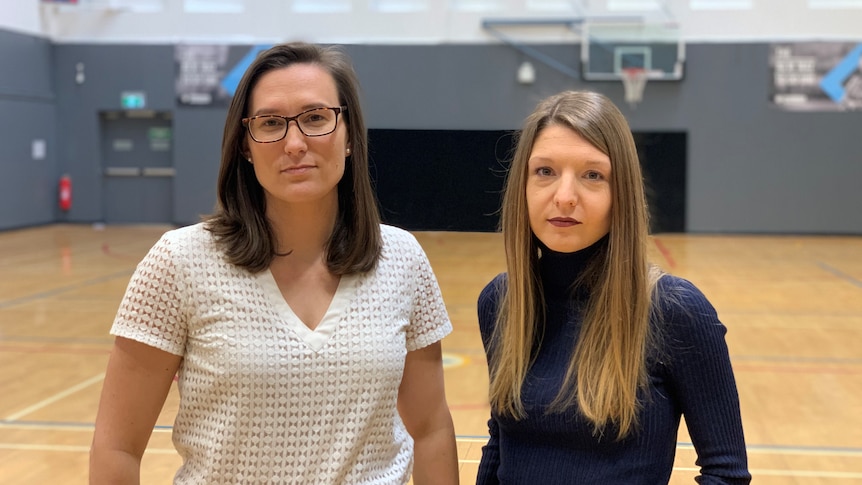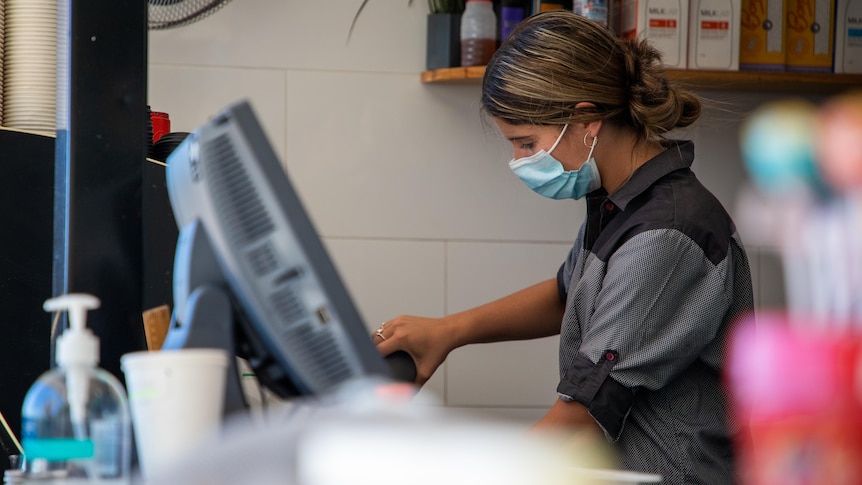Confidential interviews with staff at the NSW parliament have lifted the lid on what a report has described as a boozy, predatory boys’ club.
Almost 450 people working at the parliament were interviewed as part of the review by former sex discrimination commissioner Elizabeth Broderick.
The report reveals how the offices of certain MPs and ministers are known to be “hotspots”, ruled by aggressive and abusive elected members who bully, micro-manage and gaslight staff, with devastating consequences.
Here are some of the findings detailed in the report:
‘It’s a bit of a boys’ club’
Some of the comments described a sexist culture pervading the parliament, where MPs are heard making lewd comments about female colleagues and staff.
“It’s a bit of a boys’ club. There’s sexting in the parliament,” one staff member said.
“Conversations in front of junior members of staff about which staff member the MPs would like to have sex with.
“Like locker room talk. I was shocked.”
Another woman surveyed said there was a power imbalance and it was commonplace for MPs to use their position to manipulate and abuse young staff.
“It’s very normalized, the MP and chief of staff sleeping with junior staff,” she said.
“I did not observe coercion but there was absolutely taking advantage.
“It felt like the 1970s, old rich white men employing these beautiful young women in their 20s.”
Another respondent said some MPs only hired females who were good-looking and under a certain age.
“It seems to be an approach to increase your chances of sex by hiring the ‘right stock’.”
One woman described how the MP she worked for would remark on the appearance of women in the office.
“Some days you would walk into the office and they would make a comment that was inappropriate, such as ‘Jeez, your boobs look good in that’.”
One female policy advisor said there was a culture of women being assigned organizational roles while men dealt with the policy work.
“Male staffers would constantly take credit for the work of women advisors.
“Even as a policy advisor, MPs would ask me to do a coffee run when they would never have asked a male policy advisor to do so.”
She described the pay gap between male and female staffers as “outrageous”.
Only 57 per cent of women surveyed said they felt safe working in the parliament at night compared with 80 per cent of men.
Offices a hotspot for bullying
Some MPs and ministers’ offices in the parliament are described as “well-known hotspots” for bullying with a revolving door of staffers.
The report says people leave these offices traumatized and “nothing changes.”
Staff described a leadership lottery where the culture of the office was dependent on the particular MP or minister.
“There are some MPs that are known to be the worst office to work in,” one respondent says.
“Some MPs just don’t have any boundaries at all.”
One unnamed MP’s office is reported to be “well-known” as the worst of the bunch.
“They enjoy bringing grown men to tears. Employees are bullied, traumatized and no legitimate action can be taken.”
One staff member said they were in tears most days and were told they would get used to it.
“The party knew and turned a blind eye.”
Another staff described the culture of his office.
“In a nutshell, my MP is highly emotional, super-aggressive, rude and abusive towards staff.
“To give you some examples, they will walk into the office and won’t acknowledge or talk to you at all, go straight to their office and just shut the door.”
power imbalance
The report found one of the key drivers of the abuse was the power imbalance between parliamentarians and their staff.
One employee described a reign of terror.
“You are expected to work being bullied and harassed, being yelled at, getting up in your face, hanging up the phone on you, being threatened with being sacked.
“People fear they will lose their job if they speak up but you end up losing really good people anyway because they leave — they say it’s just not worth it.”
Some offices were described as “dysfunctional” with staff feeling like they were constantly “walking on eggshells”.
“If you make a mistake, you get told off in a very adversarial manner, get sworn at and told that you are shit at your job.”
Another employee spoke about staff being treated as “chattels” that could be discarded at the whim of the MP.
“In my experience, if you have two people working together for 16-hour days and one of those people has the power to tell the other to do whatever they want them to or it could be the end of their job, it takes a strong person to not abuse that power.”
The heard report that MPs are at the top of the hierarchy and are not held accountable for their behavior at all.
“Staff are at the bottom and have few, if any, rights.”
Another employee reported a “toxic” work environment where the elected member pitted staff against one another.
“They can do whatever they want, whenever they want. That’s the part I can’t handle,” the person said.
“These people write laws that abuse can’t occur in society but it goes on in parliament.”
The leadership style of some MPs was described as “aggressive”, “punitive” and “bullying”.
In the staff survey, 60 per cent of the workforce agreed that the hierarchical nature of parliament made it difficult to call out unacceptable behaviour.
Win-at-all-cost mindset
There was a view among many MPs and staff that the adversarial nature of the parliament plays a role in the culture of the institution.
Some expressed skepticism that change could occur in such an environment.
“I would say the culture as a whole is very hierarchical, exclusionary, brutal and elitist.
“I mean you only have to look at how members behave towards each other in question time and how such behavior is celebrated to see how that culture is set from the top, which then flows down to staff and others in parliament.”
Another staff member agreed: “The environment of the bear pit in the Legislative Assembly chamber sets the tone for the whole parliament.
“All the qualities of being a fighter are great in an MP but terrible in a boss.”
The win-at-all-costs mindset common in politics can prove detrimental when it comes to the workplace.
“The environment which we work in which is largely about bringing your opponents down and doing anything to get ahead, it does not sit well with a working environment that is supportive, empathetic, fair or equal.”
drinking culture
Alcohol was a contributing factor in some of the reported incidents, particularly when it came to sexual harassment.
The report found there was a “drinking culture” in the building with MPs and staff drinking in the staff bar and in offices.
“MPs make lewd comments, especially at drinks.”
Young staff often felt pressured to join in.
“There’s people drinking between sitting sessions. It gets out of control sometimes.
“You wouldn’t get away with it in any other workplace.”
Of the MPs surveyed, 68 per cent agreed that drinking alcohol during work hours was seen as acceptable.
.


